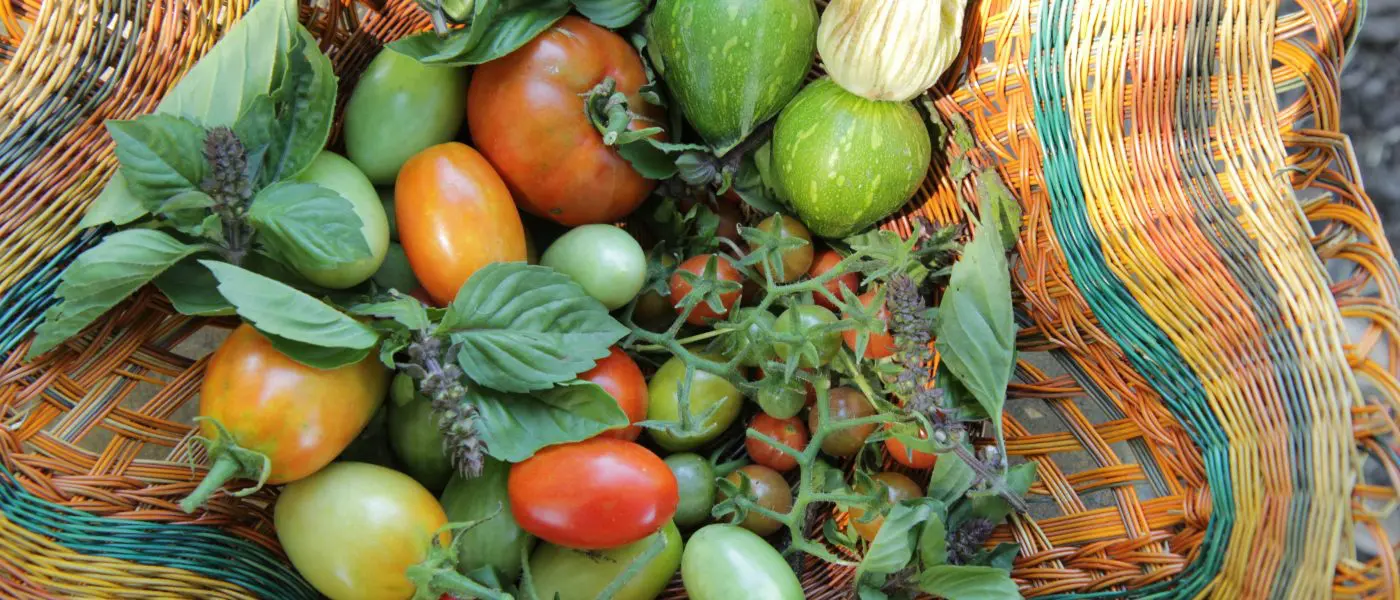Farm Aid partners with organizations all over the country to work towards our mission of creating a family farm-centered system of agriculture in America. Since our first concert in 1985, we’ve granted over $25 million to more than 300 organizations, creating a strong network of allies to keep family farmers on the land. Each year, grantees report back on what they’ve accomplished.
In May and June, many of our partner organizations wrote to us about the impact that COVID-19 was having on them and the farmers they work with. Their stories run the gamut, from creating market safety protocols to helping farmers start online stores, but all our partners showed quick thinking and collaboration to support their communities.
This story is from the Farmworker Association of Florida and shows the outsized impact that the pandemic is having on farmworkers. We’re proud to share this story in their own words (lightly edited for clarity). Due to the rapidly changing nature of the pandemic, the situation may have evolved since we collected them. For more up to date information, check in them on their website.
Farmworker Association of Florida
As we all know, the arrival of the Coronavirus in our nation and around the world has resulted in many businesses being shut-down and the associated financial and economic impact. Directly affecting farms and plant nurseries in Florida has been the closure of restaurants, hotels, amusement parks and related businesses. Without restaurant business, farms are unable to find sufficient markets for their crops. Similarly, with the closure of hotels and amusement parks as well as the cancellation of weddings and other occasions with a demand for flowers, ornamental plant nurseries have also seen a drastic reduction in business.
These closures or reductions in business have had a direct impact on farm and nursery workers with reduced hours, or lay-offs and job loss. A Pew Research Center study done at the beginning of April shows that the Latinx population is among the hardest hit in the country, with 50% of households reporting lay-offs, job loss or reduction in pay. A Strada Center for Consumer Insights poll (April 22, 2020) reports this number at 66%. Anecdotal evidence suggests that this number may be as high as 85% in the farmworker community.

Neza Xiuhtecutli, FAFW’s Research Coordinator, holding a sign supporting essential workers. Photo: Neza Xiuhtecutli.
In addition, many farmworkers are unable or choosing not to work because of needing to be home with their homebound children and because of concerns about the lack of social distancing and protections at work. Many farmworkers in Florida are not documented and so do not qualify for paycheck protection or assistance programs offered by the government. An additional concern that is affecting the Haitian population, as well as the largely Latinx farmworker community, is that many have little or no formal education, and speak little if any English.
Community and Organizational Needs Faced in the Context of COVID-19 Pandemic
The critical needs faced currently in the five communities where the Farmworker Association of Florida works are:
- The lack, in farmworker and immigrant communities, of targeted, language and culture appropriate information concerning the frequently changing landscape of regulations and assistance related to the COVID-19 response;
- Lack of food (hunger is a real possibility for many families);
- Need for assistance with bills due to job and income loss;
- Lack of health coverage and lacking qualification for regular or emergency assistance programs;
- Need for increased support as Immigration and Customs Enforcement (ICE) ramps up its detention and deportation efforts; and
- Increased likelihood of not responding to the 2020 Census + being disengaged from the electoral process during this critical election year.
FWAF’s top priority is to inform and support the communities we serve, encouraging safe practices within the community and ensuring the safety and health of our staff. We are providing most support and information services (including assistance with medicaid, food stamps, unemployment benefits, and other applications) by phone, text and social media. We are offering some limited services at our offices with strict hygiene and safety protocols. We are also creating and sharing language and culturally appropriate videos with information about COVID-19, important safety and health practices, and updates on the ever-changing landscape of regulations as well as information about assistance packages passed by congress.
During this time, it is critical for folks to reply to the census and, similarly, to register and be informed as voters during this important election year. We are providing non-partisan information and voting instructions on flyers delivered with grocery and supplies baskets, online, and by phone.
FWAF is supporting national calls for ICE to desist it’s operations of detaining and deporting people during the COVID-19 crisis. For those who are picked up in the communities where we work, we continue to provide support, advocacy, and referrals to legal assistance.
FWAF is also offering direct support to families in our community who are in need. We are reaching out to local donors, allies, and businesses requesting donations of nonperishable food items and care supplies. As a means of ensuring maximum safety, these items are being delivered directly and dropped off to families’ homes, or in some cases for pick-up at our offices but with appropriate distancing and safety protocols in place. We have also prepared policy and procedures for providing direct financial assistance to families, to the extent that funding allows. Assistance is limited to a one-time amount of $350 and will go to providing grocery gift cards and/or making direct payments for utilities, and/or rent.
FWAF’s Campesinos’ (community) Gardens continue to function, with adherence to careful safety and social distancing requirements. The intention is to demonstrate in a concrete way the importance and values of local food sovereignty as well as that the Gardens function as an important, albeit limited, source of fresh and healthy food for families during this critical time and for building into the “new normal” of the future as well.





